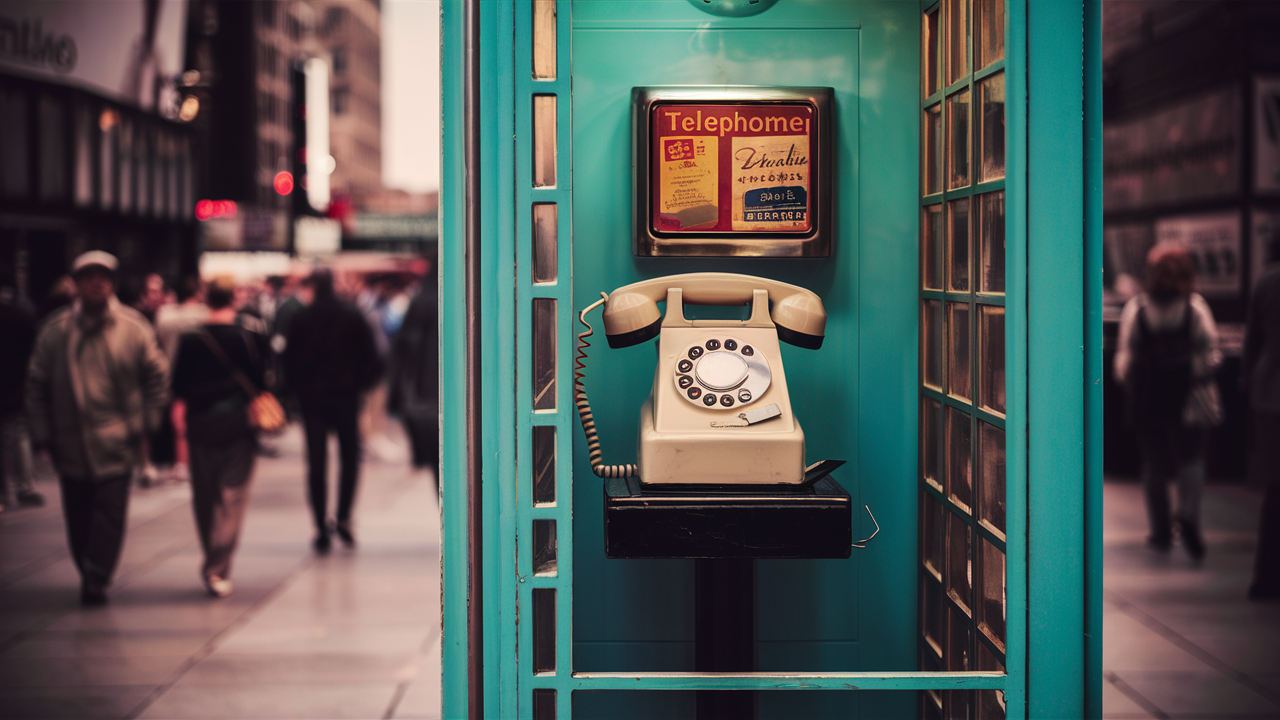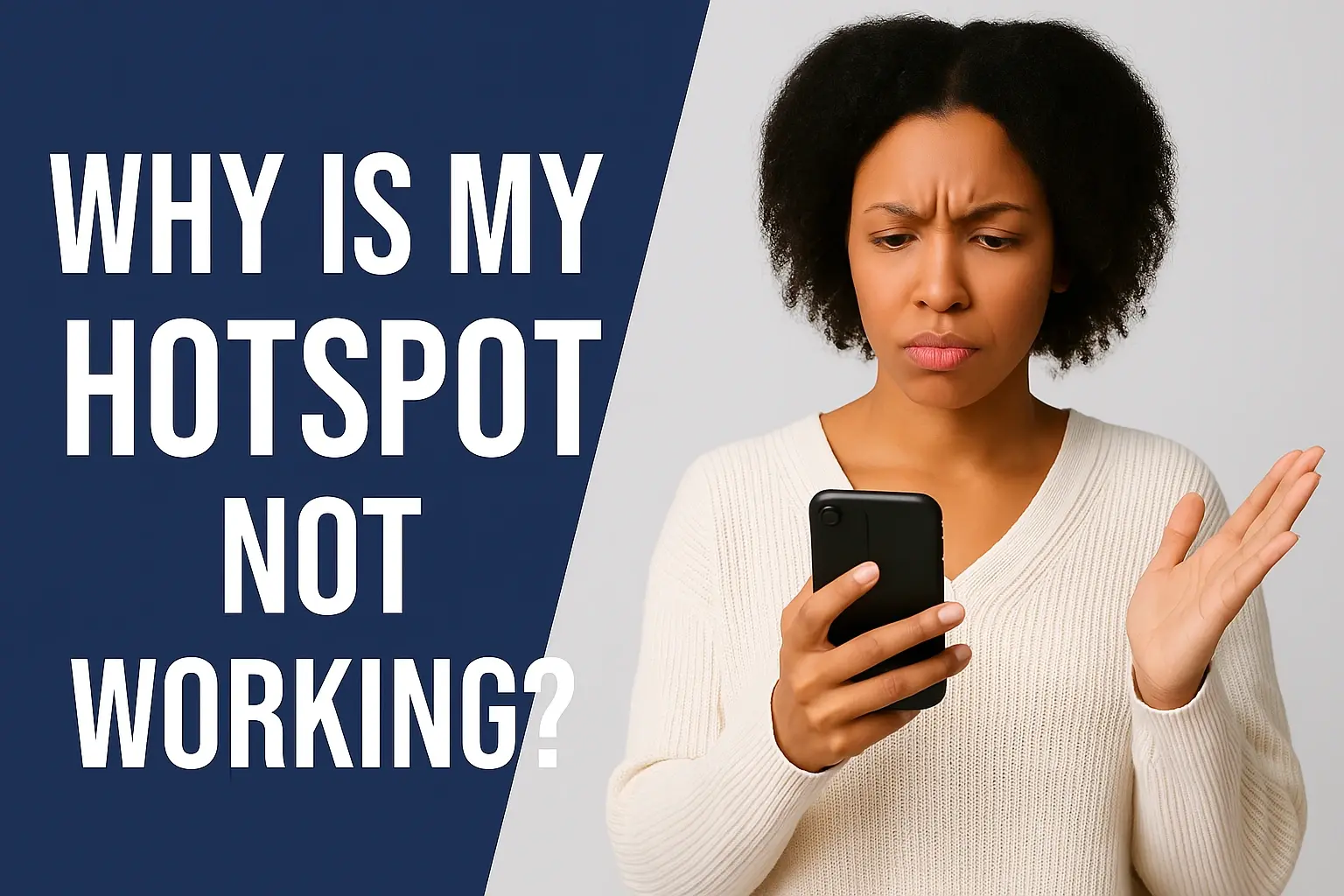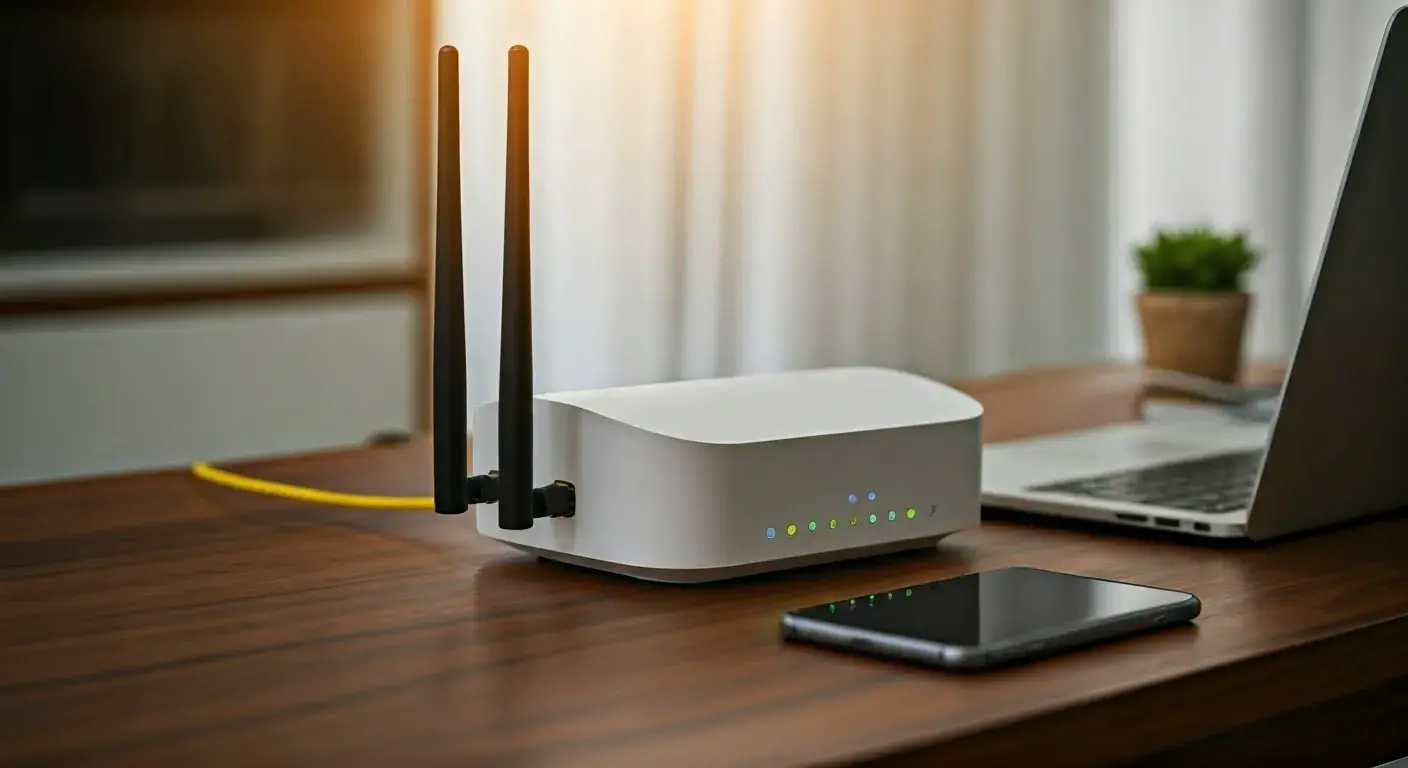Can you still get an old fashioned landline?

A majority of people have cherished memories of having a landline phone at home. The familiar sound of a dial tone whenever one picked up the receiver, the freedom to talk to friends for hours without concerning minutes or data, and the basic utility in the event of a power outage due to its use of the copper phone line. Yes, landlines indeed take people back to the era before the smartphone was invented.
But in this age of smartphones, you may be asking yourself, can one opt for a traditional landline phone connection if you want it? Yes, traditional landline home phone service is still present and can be availed by the public , but fewer people are using this service. Here is a closer examination of the current position of plain old telephone service (POTS).
The Decline of Landlines
Today, the mobile phone penetration rate is higher than that of the fixed-line phone, but PSTN fixed-line phones are still in use by millions of homes and companies. However, as technology advances, the usage of landlines has been on the decline for the past two decades. Subsequently, from 2000, when 90% of the US households had a landline phone, the figure reduced to slightly over 30% in 2021, as estimates by the federal government suggest. This is the case in many other developed countries, as evidenced by the above tables.
There are a few key reasons for the shrinking landline market
- Mobile substitution - Many families have dumped home phones by adopting cell phones flexible to be used anywhere at any time. Some have taken to using their mobile phones within the home and thus do not require a second phone line.
- It is interesting to notice that the younger generation in general does not even have a landline at all and does not see any need for it, especially with a smartphone in hand.
- Bundled service trends – A good example is many homes that still have a landline phone are likely to do so because the phone service comes with their internet service or cable TV. Without the bundle deal, they may cut off their landline telephone connection completely.
- Cost – There is no longer a financial benefit for many lower-income households with small families who previously had to pay for both a wireless and landline phone bill. Going mobile-only saves money.
Still Available, But Less Common
The major phone companies have spent a lot of bucks in replacing their infrastructure from analog copper wires to new fiber optic and wireless. However, while the landline physical network might be outdated, the physical network has not been completely left behind yet. However, large telecoms are still obligated by regulation to offer those traditional telephone services to obtain licenses for the new freed-up spectrum.
Even today, most housing markets have at least one provider offering basic voice service over the original public switched telecommunications network. But, direct connection using the traditional dial tones over the old copper wires is gradually becoming a rarity. What is more frequently available now is a fiber/VoIP-based digital telephone connection similar to a POTS line within the hhomebut transmitting voice data over high-speed fiber locally as data packets.
So, you typically have a couple of options if you still want a home phone line.
- Fiber Digital Landline – This gives you a phone handset and dial tone similar to a traditional landline, but over a fiber-optic internet connection instead of copper. Instead of being conducted in the form of analog signals, voice calls are carried out in the form of the Internet Protocol.
- VoIP Digital Phone – Another technology that has gained popularity in the present generation is the VoIP digital phone which can be acquired through services such as Vonage or Ooma. Calls are Internet data as in the case of the fiber version rather a separate phone line. But with more flexible equipment options available to meet the requirements of the production process.
The only catch is that both of these modern phone setups are dependent on a high-speed home internet connection to operate. This means they will not function during a power outage if you do not also have backup battery or generator power for your modem/router. That is one area where original copper POTS lines are still superior – they are self-powered.
Who Still Wants Landlines?
At this point, landlines are increasingly a niche product, but a few key demographics still embrace them.
- Homebound - A large population of elderly people are homebound and may find the ease of use of a landline appealing. A simple wired telephone handset can be us than mastering a smartphone.
- Alarm system monitoring – Security providers advise homeowners to connect home alarm systems to a good landline other than a cell phone or VoIP line that may jam.
- Telephone lines for elevators/alarms – While voice lines may have been replaced by broadband and digital systems, dedicated telephone lines are still frequently used for elevator phones, fire alarms, medical emergency lines, and other applications where reliability is paramount.
- Fax machine laggards – Yes, you will be surprised to learn that even today, some small offices continue to use traditional fax machines for some types of documents. These are typically done with the use of a landline telephone.
- Remote regions – In rural areas where the cellular network is yet to be strong a copper wire landline may provide better telephone services. This also applies to some of the developing countries as well.
Thus, while there is no doubt that mobile phones have taken over the lion's share for the overwhelming majority now, the role of landline phones is still significant. If you have a particular requirement or preference for a conventional telephone line, the physical framework is still in place in most areas to extend the service. Consult your local telephone service providers and discuss how you can either retain or introduce a plain old telephone line. Expect to be asked the precise purpose of a traditional circuit-switched connection, since the skeptical salespeople will attempt to steer you to VoIP service. But specify that you are interested in the old-school setup – occasionally, there is nothing like the original landline.
Upgrade to faster, more reliable AT&T Fiber Internet today! Call us at +1 844-905-5002 and get connected with speeds that keep you ahead.





